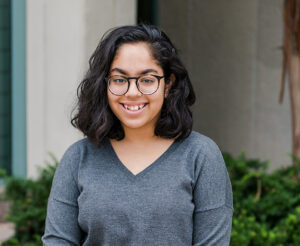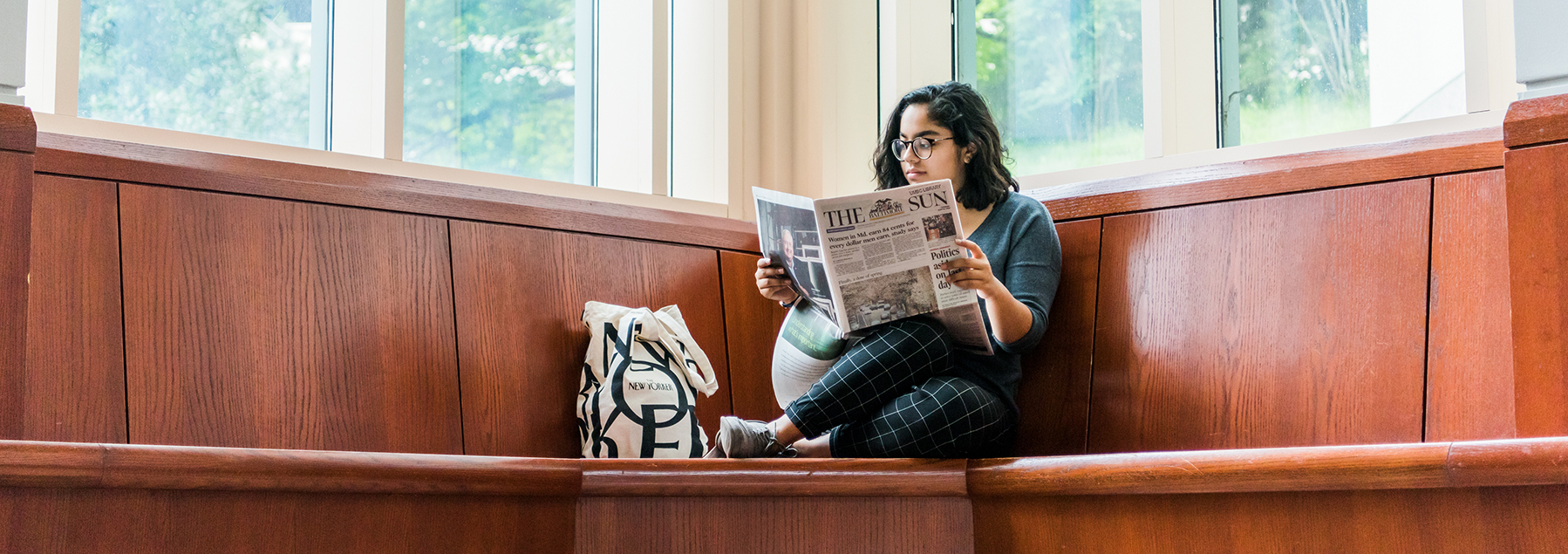The attack on the Capital Gazette newspaper in Annapolis earlier this summer shattered a community, and the hearts of so many. Not only is Annapolis our state capital, but the heartless, thoughtless, and horrific attack was an attack on an entire livelihood, one I consider to be an important part of democracy.
Watching journalists’ lives being taken, cutting their voices short – especially after they’d chosen such a valiant career – was horrific. I couldn’t help but feel a tug at my heart, and the feeling of needing to continue their legacies. Making the choice to go into journalism is making the choice to speak for others, for whole communities, and for people who otherwise would not be represented. It’s making the choice to spread facts and inform people. This is what I want to do with my own work.
Annapolis isn’t my hometown. The Capital Gazette isn’t my local newspaper. But it’s not hard to imagine these shootings happening in my own area, after growing up watching them happen my whole life.
I want to do everything I can to honor the victims of the Annapolis shooting, and victims of gun violence everywhere, in perpetrating honest, good journalism, and advocating for those who no longer can.
Witness From a Young Age
In the year I was born, 1999, the Columbine High School shooting occurred, and the amount of mass shootings I’ve lived through has continued to climb. When I was 12 years old, I watched with horror as the shooter at Sandy Hook Elementary School took the lives of innocent children in Newtown, Connecticut. The children were barely half my age, just babies. At the time, I thought that change must happen soon. How could we just sit idly by as children were slaughtered in their classrooms?
When I was 14 years old, my mother didn’t let me go to the mall. She just told me no, and I wailed and complained. I had an article due in a week for my high school newspaper, about my friend’s cupcake stand, and I needed to go interview her at the Columbia Mall. An hour later, I turned on the news, to see that a shooter had taken the lives of two other people at the very mall I had grown up visiting.
When I was 15, sitting in my high school chemistry class, my teacher told us that in the event of an active shooter, she would protect us with the acid from the chemicals cabinet. We all knew she was joking, but to a certain extent, she also wasn’t. I found myself thinking about where I would hide in every classroom if a school shooter came in. I’m sure my classmates shared my sentiments.
When I was 16 years old, I came downstairs to see the TV already on, reporters on scene at the Orlando club shooting. I wondered to myself if any place was truly safe anymore.
When I was 17, I cried myself to sleep after one of my favorite teachers was shot and killed by her boyfriend. She was four months pregnant. I had just started college here at UMBC, and I had no experience dealing with murders, as no one my age (or any age) should.
Today, I am 18. I was at work and my phone chimed, informing me about a shooting taking place in Parkland, Florida. This was one of the deadliest school shootings in the United States to date, with more deaths than Columbine’s 15.
The Kind of Journalist I Want to Be

And just weeks ago, another man armed with a gun took the lives of five brave journalists, traumatized so many more, ripping apart families. The attack at the Capital Gazette hit me hard. I’ve always wanted to write, and when I took my first journalism class as a freshman in high school, at just 13 years old, I knew it was the career for me.
I’ve always been well aware that journalists face surmounting difficulties because of their career choice. From being sent into hurricanes and war zones, to being berated mercilessly by politicians, journalists rarely have a quiet day at the office. The Newseum has a journalist’s memorial dedicated to those who lost their lives reporting the news. And we also mustn’t forget the many lives taken by gun violence daily who aren’t mentioned in the media, in communities where violence is somehow expected and remains tragically unreported and unacknowledged.
But, the danger for journalists I didn’t expect was gun violence. Of course, I should have known better, considering the instances mentioned above.
I’ve always had a little bit of spite in me. I learned how to ride my bike because my mom told me I couldn’t. That spiteful fire reared up as I scrolled through article after article describing the repulsive shooter and his motive of revenge.
The worst thing I feel I could do as an aspiring journalist is let maniacs dissuade me from pursuing my dream. Journalism is the past, the present, and the future. It catalogs the happenings and the lives and the dreams of so many people. It’s a changing field, there can be no doubt, but the need for honest, real people giving the news and the features we need and want will never fail to exist.
That’s the kind of person I want to be. And that’s why I want to do everything I can to honor the victims of the Annapolis shooting, and victims of gun violence everywhere, in perpetrating honest, good journalism, and advocating for those who no longer can.
Anjali DasSarma is a media and communications student at UMBC, and an intern with UMBC Magazine. She hopes to work in journalism after she graduates.
Photos by Marlayna Demond ’11 for UMBC Magazine.

